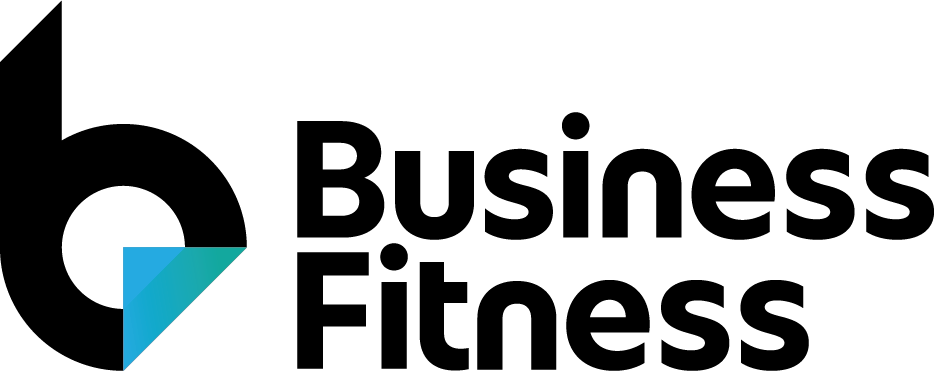See below definitions of the key terms used throughout the articles.
| Key Term | Description |
| Account | A unique account number and name combination that Active Ledger tracks. It comprises one or more client accounting system accounts |
| Active Sync | This is a connection between Active and your firms practice management system |
| Classification | The broad account type, whether it is an asset, liability, equity, revenue, cost of goods sold, expense or other. The classification is used by Active Ledger to help automatically link accounts to the standard chart of accounts. Once an account is linked to the standard chart of accounts the classification loses its relevance |
| Client accounting system account | An account number and name combination that is imported from a client accounting file or created on the fly using a journal. These are always linked to an account, but sometimes multiple client accounting system accounts are linked to the same account |
| Custom header | A type of header account that a user creates inside a specific Active Ledger file |
| Dataset | A trial balance for an entity for a given date range |
| Entity | Either a legal entity (e.g., individual, partnership, trust or company), or a group of related entities (i.e. a consolidated group) |
| Header account | An account in the standard chart of accounts that contains no data but acts as a 'container' in which to group other accounts. There are two types of header accounts: system headers and custom headers. |
| Standard account | An account in the standard chart of accounts that has been created in Active Ledger at a firm level to help standardise the chart. A standard account may have several accounts linked to it |
| Standard chart of accounts | Comprises of all header accounts and associated allocated accounts |
| Source | This is where the financial information is being imported from into Active Workpapers. Linking a source to a binder can be performed during binder setup using the Start Up Wizard |
| Source account | This is the general ledger account pulled from the clients accounting file |
| Source type | Either Excel, or one of the API feeds that Active Ledger can connect to in order to download financial data, for example MYOB, Xero or QBO |
| System header | A header account that Active Ledger includes by default, and cannot be edited |
| Taxonomy | The categorisation of accounts into specific sections of the tax return, i.e. for the Accounts Receivable account, the taxonomy is: asset, current asset, trade debtors. This means this figure will populate into the asset, current asset and trade debtors line in the tax return worksheet |
